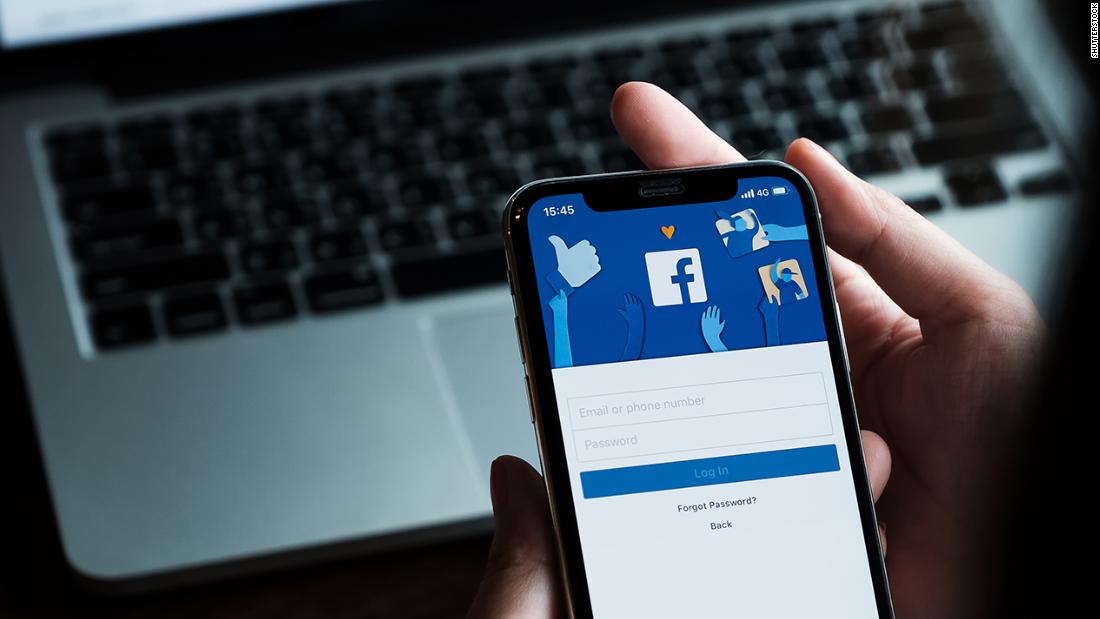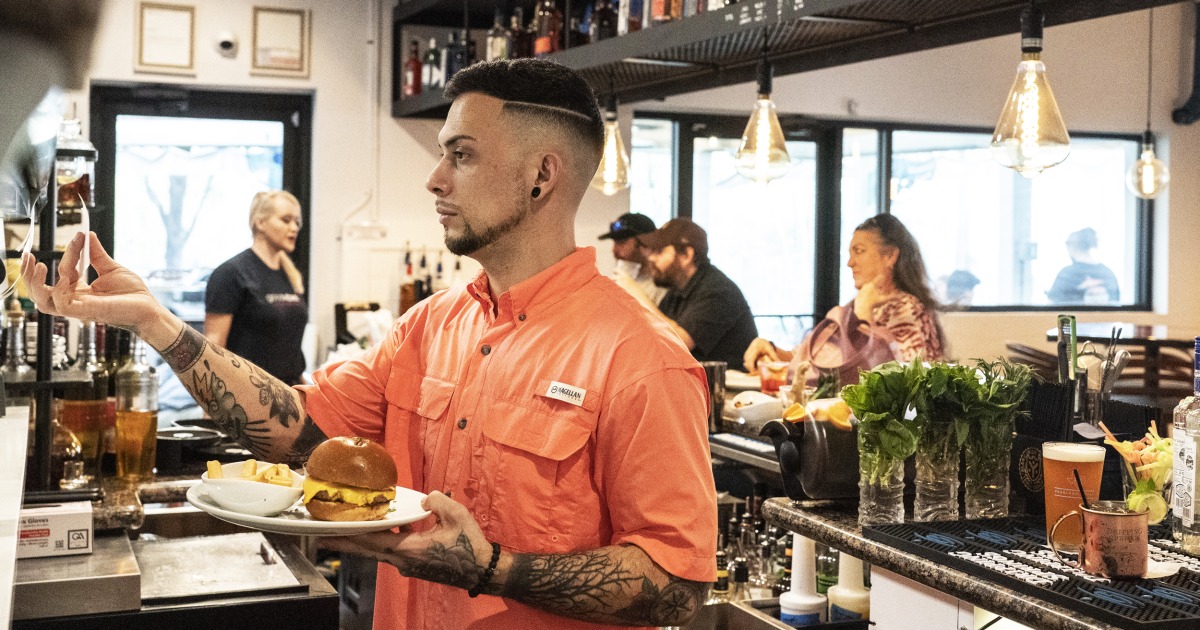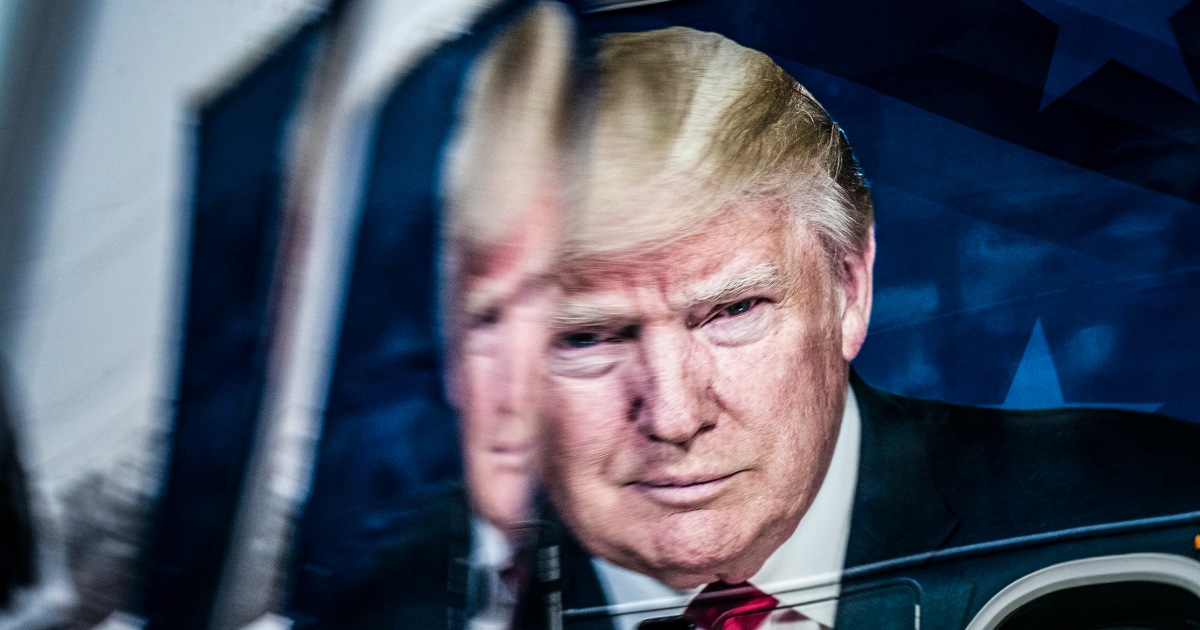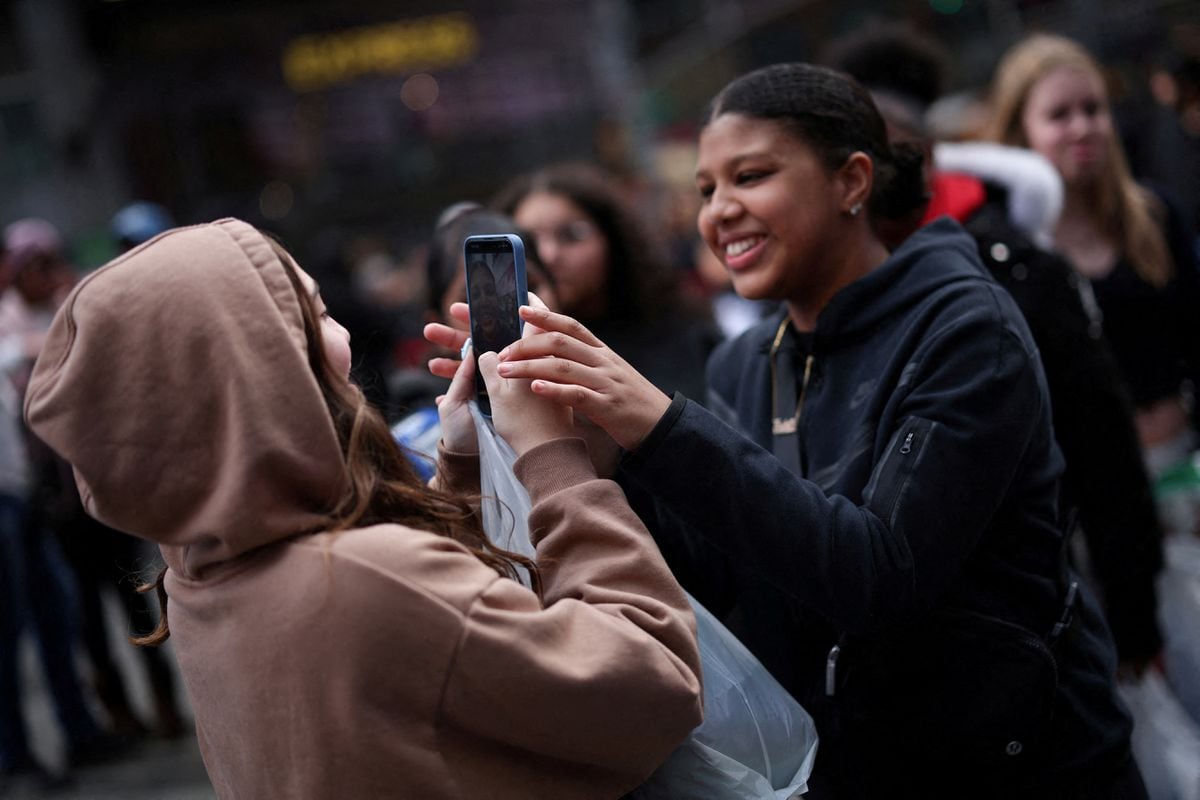Americans consider Facebook negative 0:50
(CNN) -
A new CNN poll by SSRS finds that roughly three-quarters of the adults interviewed believe Facebook is making American society worse, and roughly half say they know someone who was persuaded to believe a conspiracy theory. due to the content of the site.
Americans say, 76% to 11%, that Facebook makes society worse, not better, according to the survey.
Another 13% say it has no effect at all.
That largely negative appraisal holds across gender, age, and race lines.
Even frequent Facebook users - those who report using the site at least several times a week - say, between 70% and 14%, that the social network harms rather than helps American society.
Facebook will stop using its facial recognition software
While most parties say Facebook does more harm than good, that sentiment is rising among Republicans (82%).
However, among the general majority who think that Facebook is making society worse, there is less consensus on whether the platform itself is the main culprit or not: 55% say it is the way some people use Facebook, and the 45% say it's due more to the way Facebook works.
Overall, about a third of the public, including 44% of Republicans and 27% of Democrats, say that Facebook makes American society worse and that Facebook is more to blame than its users.
About half of Americans, 49%, say they know someone they believe was persuaded to believe a conspiracy theory because of Facebook content.
That number is highest among younger Americans: 61% of adults under the age of 35 say they know someone who adopted a conspiracy theory based on Facebook content, compared to just 35% of those over the age of 35. 65 years.
advertising
Facebook faces a new wave of scrutiny in the wake of Facebook Papers, a set of internal company documents that shed light on the company's culture, the spread of divisive content, and its struggle to handle incidents of misinformation and extremism. that are being developed on the site.
Frances Haugen, the whistleblower who released the documents, testified before the Senate last month, urging Congress to increase regulation of the platform.
Later in October, Facebook announced that the company name would be changed to Meta.
The serious consequences Facebook would face 3:35
Just over half of Americans, 53%, currently say the federal government should increase regulation of Facebook, 11% say the government should reduce regulation of the platform, and 35% say it should not change.
A majority of 55% of Democrats favor more regulation of Facebook, and 48% of Republicans say the same.
About 44% of people who use Facebook multiple times a week say the government should step up regulation of the site, compared to 66% among those who use the social media platform less frequently.
Among Americans who use Facebook multiple times a month, a majority of 54% say that Facebook has suggested posts to them that they found objectionable.
Sixty-five percent of regular Facebook users under the age of 35 say they have seen objectionable content recommended by the site.
Likes, Angry Emojis, and RSVP: The Math Behind Facebook's News Feed, And How It All Went Wrong
More generally, Americans also express little faith in the good intentions of big tech companies, with 38% saying they don't trust companies like Google, Facebook or Amazon at all to do what's best for their users, in compared to 29% who were interviewed in March 2019. Only 34% of Americans say they trust even big tech companies a little, a modest drop from 40% two years ago.
The majority in both parties say they have little or no confidence in big tech companies to act in the best interest of their users, although this sentiment is more widespread among the Republican Party: 71% of Republicans take this position, in compared to 58% of Democrats. That's a bigger partisan gap than two years ago, when Republicans were only 5 percentage points more likely than Democrats to express distrust of such companies.
The CNN poll was conducted by SSRS from November 1-4 among a random national sample of 1,004 adults who were surveyed online after being recruited using probability-based methods.
The full sample results have a margin of sampling error of plus or minus 4.0 percentage points.







